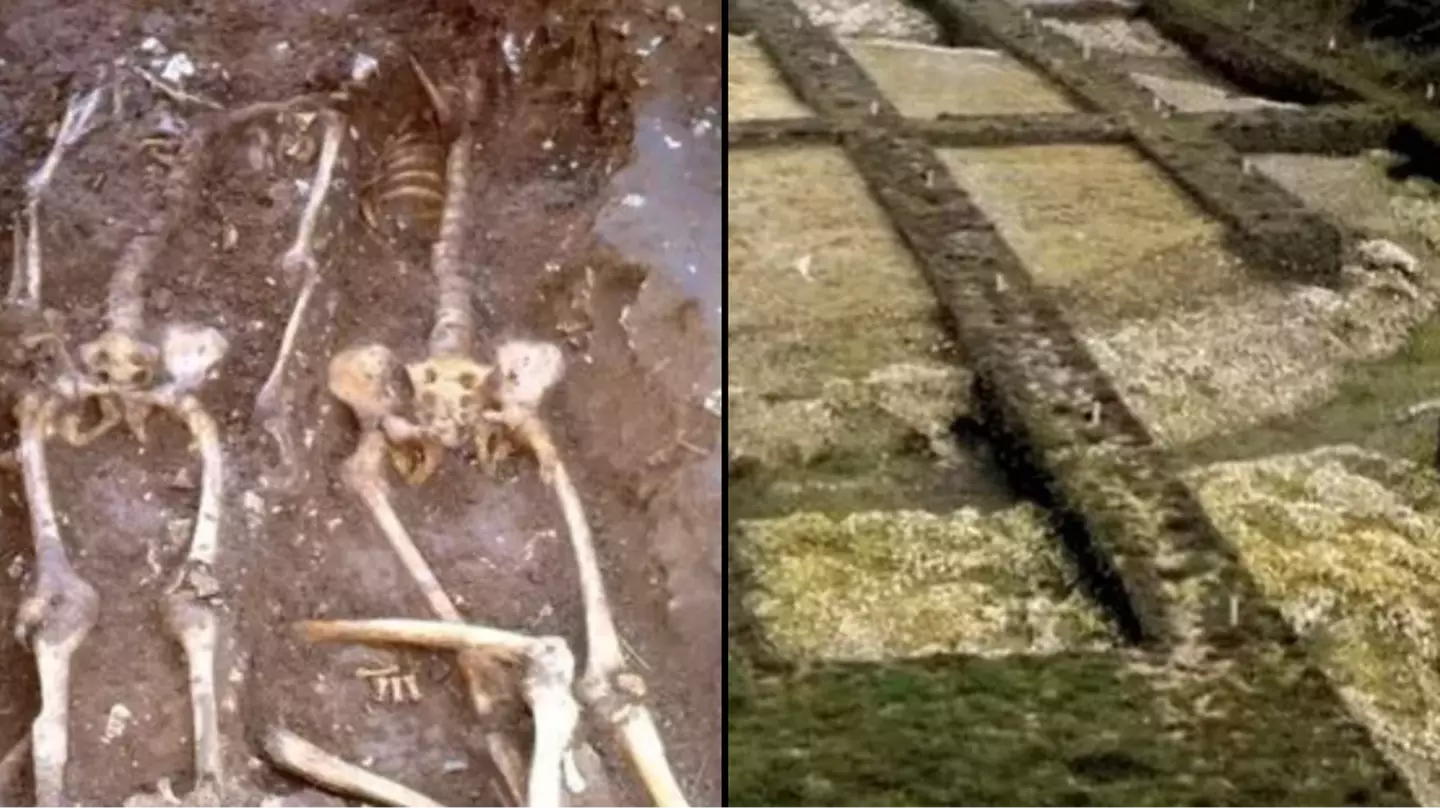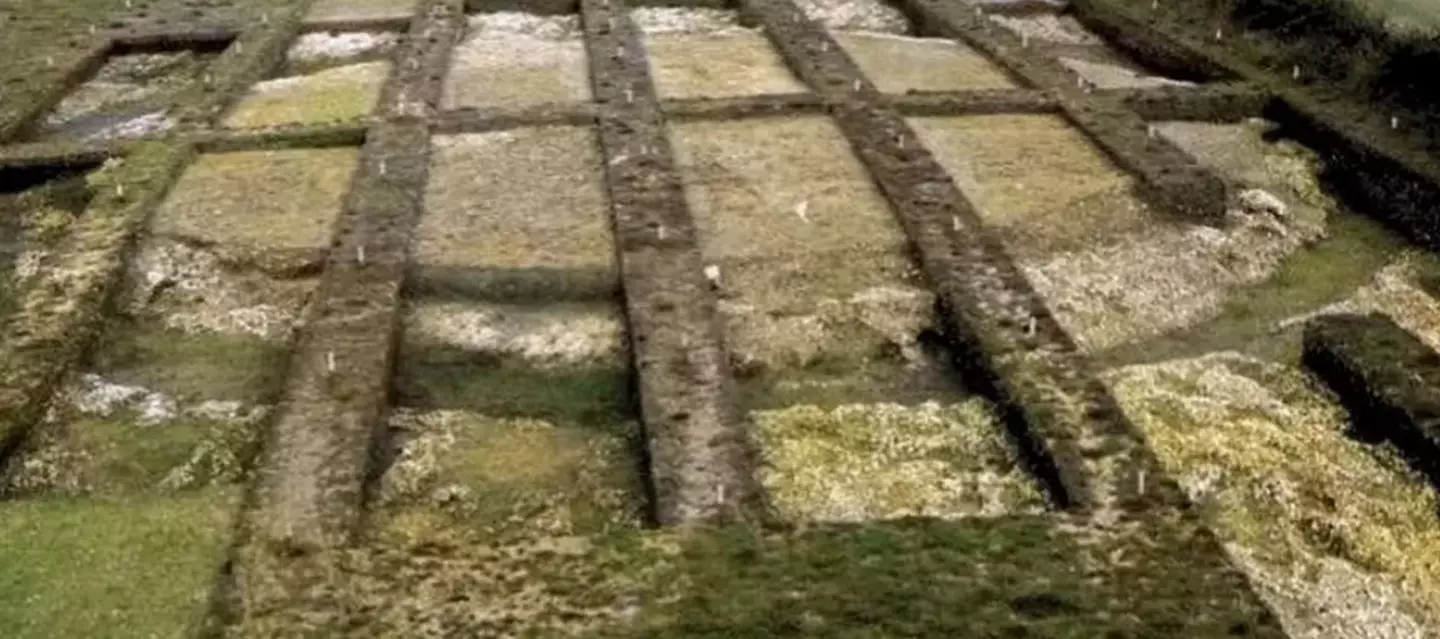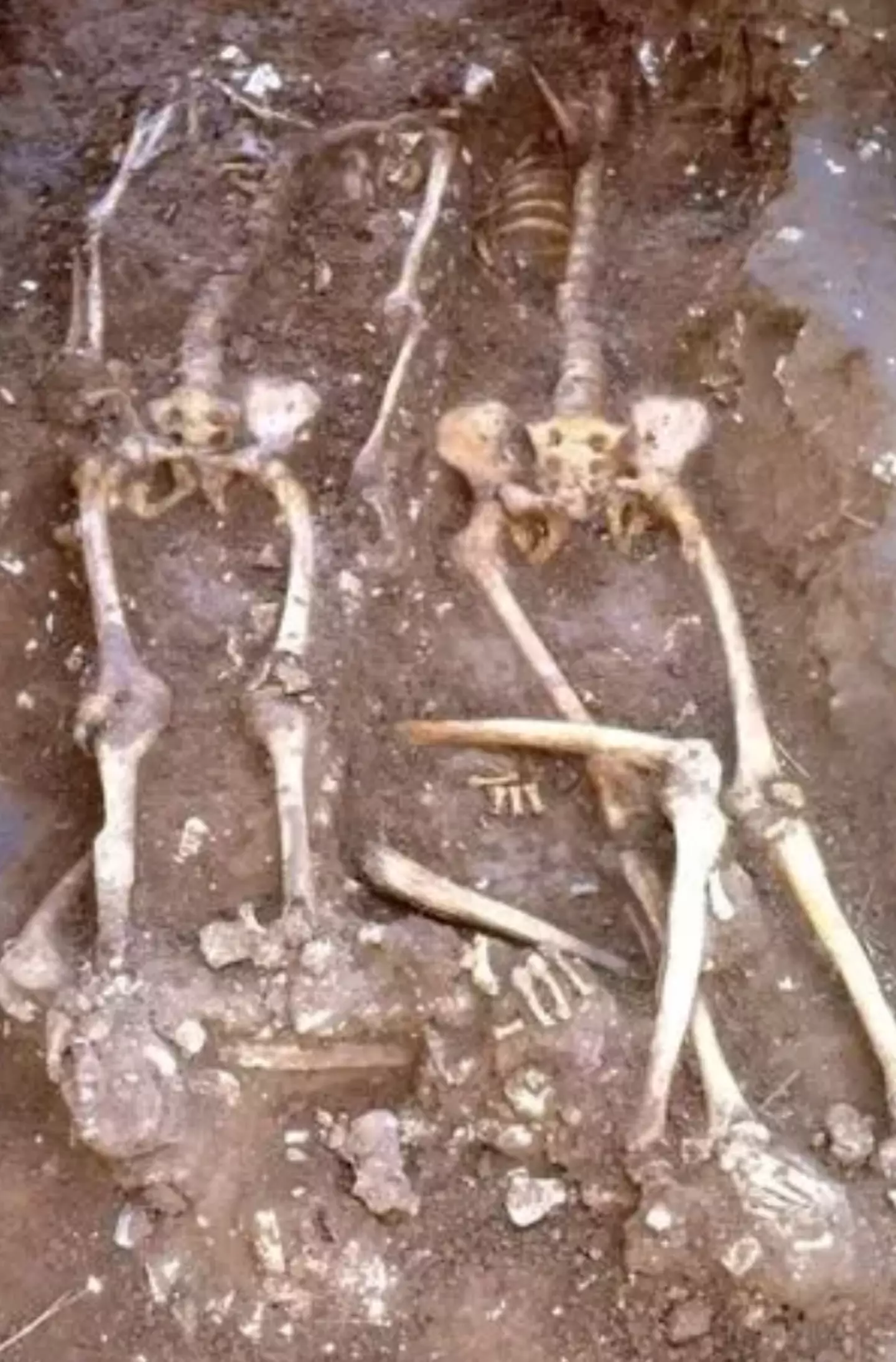
A place that may have been used to carry out executions has been given an eerie name by locals.
It might look like an innocuous field, but a grisly secret lies beneath the green grass in the East Riding in Yorkshire.
The site, which has a long and dark history potentially stretching back all the way to the Roman occupation of Britain, is likely to have been an 'execution cemetery'.
Yes, that's exactly as grisly and unpleasant as it sounds.
Advert
The Anglo-Saxon reputation for brutality and mindless violence has been exaggerated over time, but there's no doubt that there were some pretty horrific goings on during the period.

The site - located on the high road between Beverley and South Cave, near Hull - contains a huge number of human remains, including several which are missing their heads.
It was excavated back in the 1960s, and archaeologists found it was given the grisly name of 'Hell's Gate' by locals.
Rod Mackey, one of the leaders of the excavations in the 60s, said back in 2006: "On one occasion after a day's work a Walkington, we were talking in the local pub, the Dog & Duck, to Mr Binnington, an old farm labourer, who had worked most of his life in the parsh.
Advert
"Before we said anything to him about decapitated bodies being found on the site, he told us that, when he was a young man, the field in which we were working was always known as 'Hell's Gate'.
"Could this possibly be a folk memory relating to the 10th century execution site?"
Between 1967 and 1968, archaeologists found the remains of at least 13 people at the site. They were aged between 18 and 45-years-old, and all the skeletons are believed to be men. It is thought they died between 1,000 and 1,300 years ago.

Experts have suggested that the site, which would have been in the small Kingdom of Deira, Northumbria, and later the Danelaw, was used as a judicial site.
Advert
Several of the jawbones from the skulls appear to have fallen off, suggesting that they were put on display and the jaws detached as the head decomposed.
The crimes of the men are not known, but we can guess as execution was often reserved for quite specific crimes, with many offences being punished with fines or maiming instead. Capital crimes included treason or betrayal of a liege lord, as well as forging or corrupting coinage.
